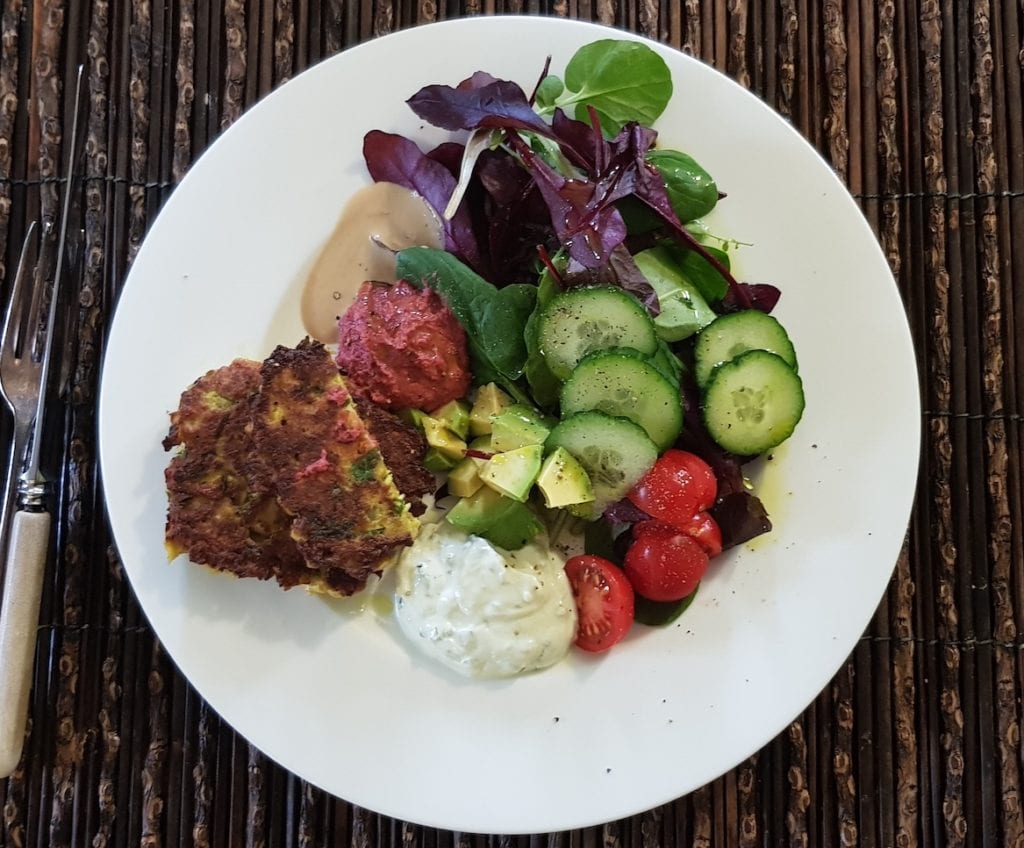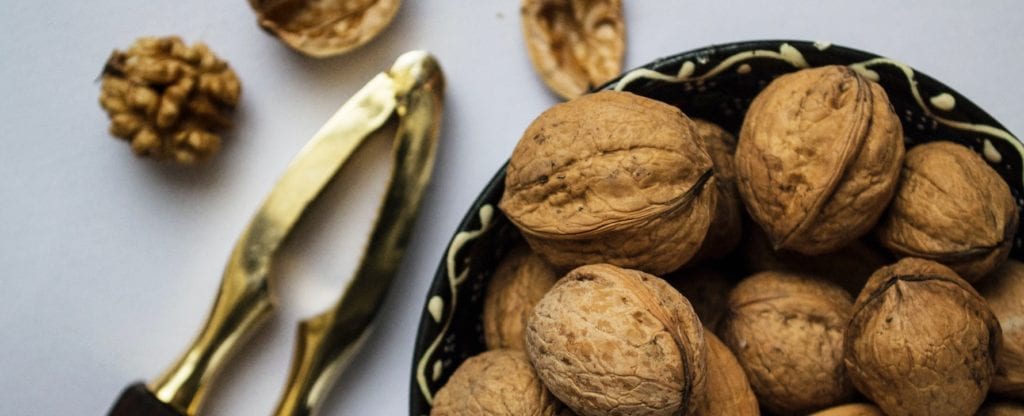
Top Ten Nutrition and Lifestyle Tips for Osteoarthritis
Can diet and lifestyle changes have a positive impact on the daily pain of osteoarthritis (OA) and stop the degeneration in joint health? The science suggests that there is much that can be done. Here are my top 10 nutrition and lifestyle tips for managing osteoarthritis pain and supporting joint health:
No 1. Optimise your weight.
Reducing weight, if this is an issue for you, is key for reducing the pain of osteoarthritis and avoiding degradation of the joints. Easier said than done, but you don’t have to be alone with this. There are plenty of Nutritional Therapists who specialise in this area. Louise Digby in Braintree runs a 16-week on-line programme called ‘The Nourish Method to Lasting Fat Loss’ which is worth exploring, or check out the list of BANT Registered Nutritional Therapy Practitioners.
No 2. Quit smoking.
Smoking damages your health in general and whilst there is no conclusion in the research that smoking causes OA, some researchers have found a relationship between the 2: higher smoking levels; higher risk for developing OA. Seek help if you need it.
No. 3. Cut your alcohol intake.
Even moderate alcohol intake has been associated with worse symptoms of OA. Aim for 3-4 nights a week with no alcohol, enjoying a glass of wine with friends and loved ones a few nights a week only.

No. 4. Test and correct your cholesterol levels.
There is a strong association between OA and raised cholesterol levels. Raised cholesterol increases the production of inflammatory substances and may be involved in cartilage destruction. The use of statins (medications used to lower raised cholesterol levels) appears to reduce OA progression. It is possible to optimise your cholesterol levels with targeted dietary changes. Weight optimisation is key, as well as incorporating plenty of fibre in the diet. Eat a small handful of raw nuts daily, watch your sugar intake and increase your intake of stanols and sterols from plants. Your GP will often be happy to check your cholesterol levels and if found to be raised, seek help from a qualified nutritionist.
Top Ten Nutrition and Lifestyle Tips for Osteoarthritis
No. 5. Test and optimise your essential fatty acids
Getting the balance right between your omega-3 and omega-6 fatty acid intake is key to managing inflammation. Although more trials are needed, there is some evidence that fish oil intake reduces pain in OA. Balance is key here, which is why I prefer to test first and then supplement if implicated. I use this test https://igennus.com/products/opti-o-3-omega-3-and-omega-6-home-test-kit . Use INTEGRALCG to get 20% off the retail price. Better still, call me for advice on appropriate testing for your situation.
No. 6. Follow a Mediterranean style diet
Studies have shown a lower incidence of OA when following a Mediterranean style of eating. So, focus on fresh, seasonal vegetables and fruits, nuts, seeds, legumes, herbs, spices, fresh fish and seafood and plenty of raw olive oil. Moderate your intake of chicken, eggs and cheese and have red meat only sparingly. An important aspect of this style of eating is the ‘how’ of eating. So, make an occasion of your meals, set the table nicely, invite friends to join you when that is possible, chew your food well and enjoy the flavours of your meal.

No. 7. Increase your intake of plant fibres for a healthy microbiome
Whilst it can be hard to imagine the connection between the health of your joints and your gut bacteria, there is increasing interest in this area. More research is needed to be able to make substantive claims, however, feeding your gut bacteria with a diverse range of plant fibre on a daily basis will be good for your health over all, and may slow the progression of OA. If you have taken multiple courses of antibiotics, been under prolonged or intense stress, or have impaired digestion, you may want to consider testing your microbiome. I use different tests depending on a person’s presentation, however for a general work up, I like this https://atlasbiomed.com/uk/microbiome . I have a special offer at the time of writing – 2 of these tests for £250. Call me if you are interested to learn more.
No. 8. Increase your intake of Vitamin K
There are many different nutrients to focus on for bone and joint health but one that gets less attention is Vitamin K. Typically associated with blood clotting for wound healing, Vitamin K is also required for healthy joints and deficiency is associated with initiation and progression of OA. Clinical trials are limited but this does not mean that we can’t focus on this when it comes to our diets. Key foods for Vitamin K include green leafy vegetables (broccoli, kale, Swiss chard etc), peppers, squash, tomatoes, parsley and olive oil. However, our gut bacteria are also responsible for significant production of Vitamin K. Therefore, having a diverse and optimal gut microbiome is important for osteoarthritis management in the longer term, both in general (see no. 7 above) but also to ensure good production of Vitamin K.
Focus on fresh seasonal vegetables and fruits, nuts, seeds, herbs, spices, fresh fish and plenty of raw olive oil
No. 9. Get some advice on supplementation
There are a good number of supplements that have been shown in the research to be supportive of OA progression. Glucosamine, chondroitin, MSM and collagen are my go-to options. However, I suggest that you speak to someone who is trained in the art of supplementation, especially if you are on any medications, so that they can check for any interactions. Some supplements affect the action of certain medications and it is important to be safe here. Call me if you would like a supplement/medication review.
No. 10. Weight bearing exercise such as Tai Chi
Slow, weight bearing exercises, such as Tai Chi, have been shown in scientific studies to relieve pain and improve physical function. Check out classes close to you, or try it out on line.
Which of these top ten nutrition and lifestyle tips for osteoarthritis resonate with you? There is a lot here, so don’t overwhelm yourself by taking on too much at once. Choose one area and focus on it. If you would like some simple changes you can make to your diet today, read my February 2021 blog. You will also find more details on chronic pain management in my free download. Keep checking back for more – I add a new blog post every month and will be running a series on pain over the coming year.
S. Thomas, H. Browne, A. Mobasheri, et al. What is the evidence for a role for diet and nutrition in osteoarthritis? Rheumatology, Volume 57, Issue suppl_4, May 2018, p. iv61–iv74
Baudart P, Louati K, Marcelli C, et al. Association between osteoarthritis and dyslipidaemia: a systematic literature review and meta-analysis. RMD Open, 2017;3:e000442
L. Kong, L. Wang, F. Meng, et al. Association between smoking and risk of knee osteoarthritis: a systematic review and meta-analysis. Osteoarthritis and Cartilage. Volume 25, Issue 6, 2017
L. Favazzo, H. Hendesi, D. Villani. The gut microbiome-joint connection: implications in osteoarthritis. Current Opinion in Rheumatology. 2020 Jan: 32(1): 92-101
